Did you know that Yorkshire Terriers, also known as Yorkies, are among the top toy dog breeds worldwide?
These captivating and clever pets win the hearts of dog enthusiasts everywhere. Their bold yet loving nature is irresistible.
Yorkshire Terriers stand out as a miniature terrier breed. They are hypoallergenic and shed very little. This makes them ideal for people with allergies.
If you’re thinking of getting a Yorkshire Terrier, or already have one, this article is for you. It offers vital care tips and breed info. This will help ensure your Yorkie stays happy, healthy, and well-cared for.
Key Takeaways:
- Yorkshire Terriers are a popular toy dog breed loved for their affectionate and intelligent nature.
- They are hypoallergenic and low-shedding, making them suitable for individuals with allergies.
- Proper care, grooming, exercise, and training are essential for their well-being.
- Yorkshire Terriers are small in size but have a big personality and make excellent companions.
- Whether you choose to adopt or find a reputable breeder, providing a loving home for a Yorkshire Terrier is a rewarding experience.
Yorkshire Terrier Temperament and Behavior
Yorkshire Terriers are known for their charming temperament and distinct behavior. These loving dogs shine with innate brightness. They are always eager to show their owners love and companionship.
They may be small, but Yorkshire Terriers have a loud voice. It makes them great at watching over the house. Their loyalty is endless, and they love spending time with their families.
Yorkshire Terriers love to play and seek out exciting adventures. But their small size means they can get hurt easily, especially around rough or young kids. So, they need to be watched carefully to keep them safe.
Overall, Yorkshire Terriers mix affection, smarts, playfulness, and protectiveness in their temperament.
Affectionate and Intelligent Companions
Yorkshire Terriers are incredibly affectionate. They love to cuddle and snuggle, always ready to comfort and support. This makes them wonderful companions.
They are also very smart. Their intelligence makes training them simple. They love to learn and please, responding well to positive rewards. This makes them delightful to train into well-behaved pets.
Vocal and Protective Watchdogs
Yorkshire Terriers like to be heard. Despite their size, they are great watchdogs. Their alertness helps them keep homes and families safe.
Their protective nature comes with unbreakable loyalty. These dogs are known for their devotion. A Yorkshire Terrier will always be by your side, offering endless support and protection.
Playful and Lively Companions
Yorkshire Terriers have a lively and playful spirit. They bring energy and joy, always ready for a game. Their happiness is infectious, lighting up the lives of those around them.
They enjoy playing with their families. Engaging them in fun activities keeps their bodies and minds active. This ensures they stay healthy and happy.
“Yorkshire Terriers have a temperament that beautifully combines affection, intelligence, playfulness, and protectiveness.”
| Traits | Description |
|---|---|
| Affectionate | Yorkshire Terriers shower their owners with immense love and companionship. |
| Intelligent | These dogs are bright and easily trained, responding well to positive reinforcement. |
| Vocal | Yorkshire Terriers have a keen voice and make excellent watchdogs. |
| Protective | They are fiercely loyal and will go to great lengths to protect their families. |
| Playful | Yorkshire Terriers have a lively and energetic nature, always up for games and adventures. |
Yorkshire Terrier History and Breed Development
The Yorkshire Terrier’s story began in England in the mid-19th century. Skilled weavers from Scotland who came to Yorkshire, England, are credited with creating them. These weavers brought different terriers for rodent control in textile mills. They bred smaller terriers for catching rodents in small spaces. This is how the Yorkshire Terrier breed came to be.
By 1886, the Kennel Club of England officially recognized Yorkshire Terriers. This honor transformed them from working pups to high society pets. They became much-loved among the elite, showing off their style and grace.
Breeders had a big hand in shaping the Yorkies we know today. They picked the tiniest dogs to breed. This made them perfect lapdogs. In Victorian homes, they were cherished for their beauty and companionship.
Yorkshire Terriers didn’t just win hearts in England. By the late 1800s, they charmed their way into the United States. Their unique look and lovable nature won over many. They’re still a favorite in the U.S. today.
A Yorkshire Terrier even lived in the White House. “Pasha” belonged to President Richard Nixon’s family. This shows how much these dogs are treasured as pets and friends.
Yorkshire Terrier Care and Exercise Needs
Yorkshire Terriers need daily grooming for their long, silky coats. Regular brushing prevents tangles and mats. Their fur should be trimmed often to avoid dragging and blocking their sight. Give them a bath every week or two. Checking their ears for dirt and keeping nails trimmed are key. Brushing their teeth regularly is also essential.
Yorkshire Terriers are lively and need daily exercise. Two walks a day, each lasting 15 to 30 minutes, are ideal. Let them play off-leash in safe areas to fulfill their instincts. Yet, always watch them outside to keep them safe from dangers like coyotes. Remember to limit their time outside in very hot or cold weather.
Here’s a helpful table summarizing Yorkshire Terrier care and exercise needs:
| Aspect of Care | Frequency |
|---|---|
| Grooming (brushing, trims, bathing, ear cleaning, nail trims, teeth brushing) | Daily/Weekly |
| Exercise (walks, off-leash play) | Two 15- to 30-minute walks per day |
| Outdoor Supervision | Always supervise outdoors, especially in areas with predators |
Proper care and exercise are key for a healthy, joyful Yorkshire Terrier.
Yorkshire Terrier Training and Socialization
Yorkshire Terriers are smart dogs that do well with training. Using positive methods like rewards works best. Starting when they’re puppies stops bad habits and helps them get along with others. Puppy classes are great for learning and making friends.
Yet, house training them can be tough. They’re stubborn and don’t like bad weather. You must be consistent and patient. They also don’t like being alone and can get anxious. So, teaching them to be okay in different situations is key.
For training, use treats and kind words to encourage them. Focus on basic commands like sit, stay, and come. Being patient is important as they like to do their own thing. Early socialization with different people and pets makes them confident and friendly. It stops them from being scared or mean later.
Joining a puppy obedience class is helpful. It’s a good place for learning and playing with other puppies. Instructors offer tips and help with any problems. It ensures your Yorkshire Terrier grows up to be a good dog.
Housebreaking Yorkshire Terriers
Housebreaking them is hard because they’re small and hate bad weather. The key is to stay positive and keep a routine. Always take them to the same spot to go potty. Give them treats and praise when they do it right. This makes them learn faster.
Socializing Yorkshire Terriers
It’s vital to make sure they behave well and aren’t scared or aggressive. Introduce them to new faces, pets, and places early on. Get them used to different sounds and situations. Walk them in new places and let them meet other dogs. Always use kind words and rewards to make new things fun.
Training and making your Yorkshire Terrier sociable takes effort but is worth it. It makes your bond stronger and keeps your home happy. Your pet will be well-behaved and confident.
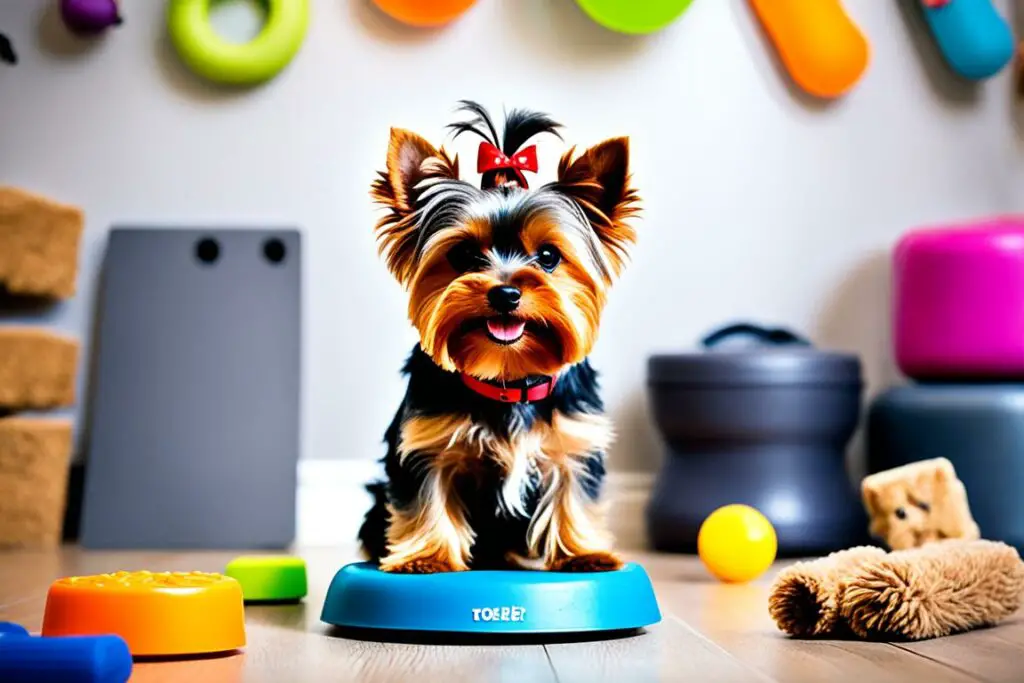
| Benefits of Yorkshire Terrier Training and Socialization |
|---|
| 1. Promotes good behavior and prevents bad habits |
| 2. Fosters proper social interaction with people and other animals |
| 3. Reduces the risk of fear or aggression issues |
| 4. Develops a well-rounded and confident Yorkshire Terrier |
| 5. Strengthens the bond between owner and dog |
Yorkshire Terrier Health and Common Health Issues
Yorkshire Terriers are usually healthy. Yet, they do face some hereditary health issues. It’s vital for owners to keep up with vet visits and proper care for their well-being.
Tracheal Collapse
Tracheal collapse is quite common in Yorkshire Terriers. The windpipe’s supports weaken, leading to breathing problems. Dogs may cough, wheeze, and have trouble breathing. While no cure exists, treatments like medication and weight control can help. Using a harness instead of a collar also improves their quality of life.
Dental Problems
Yorkshire Terriers often have dental issues. These include gum disease, tooth decay, and losing teeth. To keep their teeth healthy, brush them daily with dog-friendly toothpaste and give them dental chews. Don’t forget to get their teeth checked regularly by a vet to treat any problems early.
Eye Problems
These dogs can get eye diseases like cataracts, conjunctivitis, and retinal atrophy. Getting their eyes checked regularly is important. Some conditions may need meds or surgery, depending on how serious they are.
Heart Disease
Heart disease is also a risk for these small dogs. Symptoms include coughing, breathing problems, and weakness. Conditions like mitral valve disease are common. That’s why vet check-ups, including heart exams, are critical.
Intervertebral Disc Disease
Yorkshire Terriers can suffer from intervertebral disc disease. This affects their spinal discs and can lead to pain, mobility issues, or even paralysis. Treatments vary but may include meds, physical therapy, or surgery. Catching and treating this early is key.
Staying on top of vet visits and care is a must for these dogs. Knowing about these health issues and how to prevent them helps owners ensure their pets have a long, happy life.
Yorkshire Terrier Diet and Nutrition
It’s key to give Yorkshire Terriers a top-notch, natural diet for their health. The right **Yorkshire Terrier diet** is essential for their well-being and long life. Proper **nutrition** keeps them at a healthy weight, supports their growth, and boosts their immune system.
Avoid foods with artificial stuff and fillers like corn, wheat, and soy. These can upset their stomachs and cause allergies. Choose a **high-quality food** with natural ingredients that lists the meat type, like chicken or beef.

Don’t forget about **water quality**. Clean, filtered water cuts the risk of harmful stuff in their water. They’re small but have a big need for water to avoid getting dehydrated. Make sure they always have fresh water.
Yorkshire Terriers can easily get **dental issues**. Keeping their teeth clean is a must for their health. Brush their teeth often, and use dental chews. This keeps their teeth strong and their mouth healthy, avoiding tooth decay and gum disease.
Talk to a vet to figure out the right **quantity of food** and snacks. This varies based on their age, how active they are, and other things. A diet made just for them ensures they get what they need without gaining too much weight.
Yorkshire Terrier Diet Tips:
- Choose a high-quality, all-natural food with real meat as the primary ingredient.
- Avoid artificial additives, fillers, and by-products.
- Provide clean and filtered water at all times.
- Regularly brush their teeth and provide dental chews for good oral hygiene.
- Consult with a veterinarian to determine the appropriate portion sizes and treats for your Yorkshire Terrier.
Putting their diet and nutrition first helps your Yorkshire Terrier stay strong and joyous for many years.
Finding a Yorkshire Terrier and Adoption Information
If you are looking to adopt a Yorkshire Terrier, you have several options. Local animal shelters and breed-specific rescues often have these dogs available. They’re looking for kind homes to take them in.
Adopting a Yorkshire Terrier has many benefits:
- It’s a fulfilling experience to offer a forever home to a Yorkie in need.
- Adoption fees are usually lower than buying from a breeder.
- You provide a second chance to a dog with a rough start in life.
However, if you’re set on a puppy with a specific lineage, it’s key to pick a trustworthy breeder.
Yorkshire Terriers from reputable breeders might cost $1,000 to $2,000 or even more. The price varies due to several factors.
Here are resources to help find Yorkshire Terriers:
- The Yorkshire Terrier Club of America: Offers details on breeders and rescue groups.
- Save a Yorkie Rescue: This is a nonprofit focused on rescuing and rehoming Yorkies.
- United Yorkie Rescue: They specialize in finding new homes for Yorkshire Terriers across the nation.
Choosing to adopt a Yorkshire Terrier is a beautiful way to enrich your family. At the same time, you make a positive difference in a dog’s life.
| Resource | Description |
|---|---|
| The Yorkshire Terrier Club of America | This is the go-to club for those who love Yorkshire Terriers, providing info on breeders and rescue operations. |
| Save a Yorkie Rescue | A dedicated nonprofit organization for rescuing and finding homes for Yorkshire Terriers. |
| United Yorkie Rescue | This national organization focuses on the adoption of Yorkshire Terriers. |
Whether you decide to adopt or buy from a reputable breeder, ensure it’s the right fit for you. A Yorkshire Terrier can bring a lot of happiness and friendship into your life. They can become a valued part of your family.
Conclusion
Yorkshire Terriers are amazing, not just average small dogs. They are smart and don’t shed much, making them perfect family pets. Their small size and loving nature mean they’re great lapdogs.
But, their size doesn’t stop them from being brave and protective. They are little but strong in spirit.
They need proper care to stay healthy and happy. This includes grooming, exercise, training, and socialization. It’s also important to look after their dental health and take them for regular vet check-ups.
Adopting or buying a Yorkshire Terrier from a reputable breeder can be very rewarding. They are not just pets but loyal friends. If you want a loving and smart dog, consider a Yorkshire Terrier. They’ll fill your life with love and happiness.
FAQ
What is a Yorkshire Terrier?
What is the size and weight of a Yorkshire Terrier?
What is the lifespan of a Yorkshire Terrier?
Are Yorkshire Terriers hypoallergenic?
Where did Yorkshire Terriers originate from?
Are Yorkshire Terriers good with children?
What is the history of Yorkshire Terriers?
How do I groom a Yorkshire Terrier?
How much exercise do Yorkshire Terriers need?
Are Yorkshire Terriers easy to train?
What are common health issues in Yorkshire Terriers?
What should I feed my Yorkshire Terrier?
How can I find a Yorkshire Terrier for adoption?
What is the cost of adopting or buying a Yorkshire Terrier?
FAQ
What is a Yorkshire Terrier?
A Yorkshire Terrier is a small toy dog breed. It’s known for its silky coat and loving personality. They’re part of the Toy group and often called Yorkies.
What is the size and weight of a Yorkshire Terrier?
They usually stand 7 to 8 inches tall and weigh about 7 pounds.
What is the lifespan of a Yorkshire Terrier?
They live for 11 to 15 years.
Are Yorkshire Terriers hypoallergenic?
Yes, they are hypoallergenic. This makes them a good choice for people with allergies.
Where did Yorkshire Terriers originate from?
They came from England.
Are Yorkshire Terriers good with children?
They can be great with kids. However, their small size means you must be careful. Always watch them to keep them safe.
What is the history of Yorkshire Terriers?
Scottish weavers in Yorkshire, England, created the breed. They wanted dogs to help control rodents. The breed got official recognition in 1886 and soon became favored companions.
How do I groom a Yorkshire Terrier?
Regularly brush their long, silky coats to avoid knots. They also need trims, baths, ear checks, nail trims, and teeth brushing.
How much exercise do Yorkshire Terriers need?
They need two 15- to 30-minute walks daily. Plus, they like safe, off-leash playtime.
Are Yorkshire Terriers easy to train?
Yes, they learn quickly, especially with positive methods. It’s best to start training them early in their life.
What are common health issues in Yorkshire Terriers?
They may face tracheal collapse, dental issues, eye problems, heart disease, and spine issues.
What should I feed my Yorkshire Terrier?
Feed them a high-quality diet without artificial stuff. Don’t forget about dental care too.
How can I find a Yorkshire Terrier for adoption?
Look in local shelters or breed-specific rescues. While reputable breeders are another choice, consider adoption first.
What is the cost of adopting or buying a Yorkshire Terrier?
Adoption fees vary. Buying from a good breeder may cost
FAQ
What is a Yorkshire Terrier?
A Yorkshire Terrier is a small toy dog breed. It’s known for its silky coat and loving personality. They’re part of the Toy group and often called Yorkies.
What is the size and weight of a Yorkshire Terrier?
They usually stand 7 to 8 inches tall and weigh about 7 pounds.
What is the lifespan of a Yorkshire Terrier?
They live for 11 to 15 years.
Are Yorkshire Terriers hypoallergenic?
Yes, they are hypoallergenic. This makes them a good choice for people with allergies.
Where did Yorkshire Terriers originate from?
They came from England.
Are Yorkshire Terriers good with children?
They can be great with kids. However, their small size means you must be careful. Always watch them to keep them safe.
What is the history of Yorkshire Terriers?
Scottish weavers in Yorkshire, England, created the breed. They wanted dogs to help control rodents. The breed got official recognition in 1886 and soon became favored companions.
How do I groom a Yorkshire Terrier?
Regularly brush their long, silky coats to avoid knots. They also need trims, baths, ear checks, nail trims, and teeth brushing.
How much exercise do Yorkshire Terriers need?
They need two 15- to 30-minute walks daily. Plus, they like safe, off-leash playtime.
Are Yorkshire Terriers easy to train?
Yes, they learn quickly, especially with positive methods. It’s best to start training them early in their life.
What are common health issues in Yorkshire Terriers?
They may face tracheal collapse, dental issues, eye problems, heart disease, and spine issues.
What should I feed my Yorkshire Terrier?
Feed them a high-quality diet without artificial stuff. Don’t forget about dental care too.
How can I find a Yorkshire Terrier for adoption?
Look in local shelters or breed-specific rescues. While reputable breeders are another choice, consider adoption first.
What is the cost of adopting or buying a Yorkshire Terrier?
Adoption fees vary. Buying from a good breeder may cost $1,000 to $2,000 or more. It depends on the dog’s lineage.
Are Yorkshire Terriers good companion dogs?
Yes, they’re smart and don’t shed much. They bring happiness and love to any home.
,000 to ,000 or more. It depends on the dog’s lineage.
Are Yorkshire Terriers good companion dogs?
Yes, they’re smart and don’t shed much. They bring happiness and love to any home.
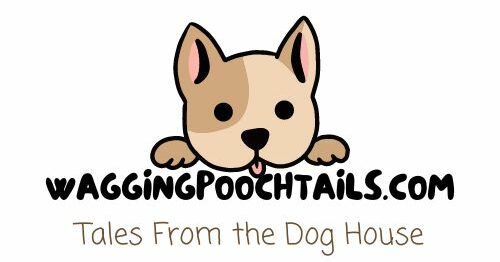
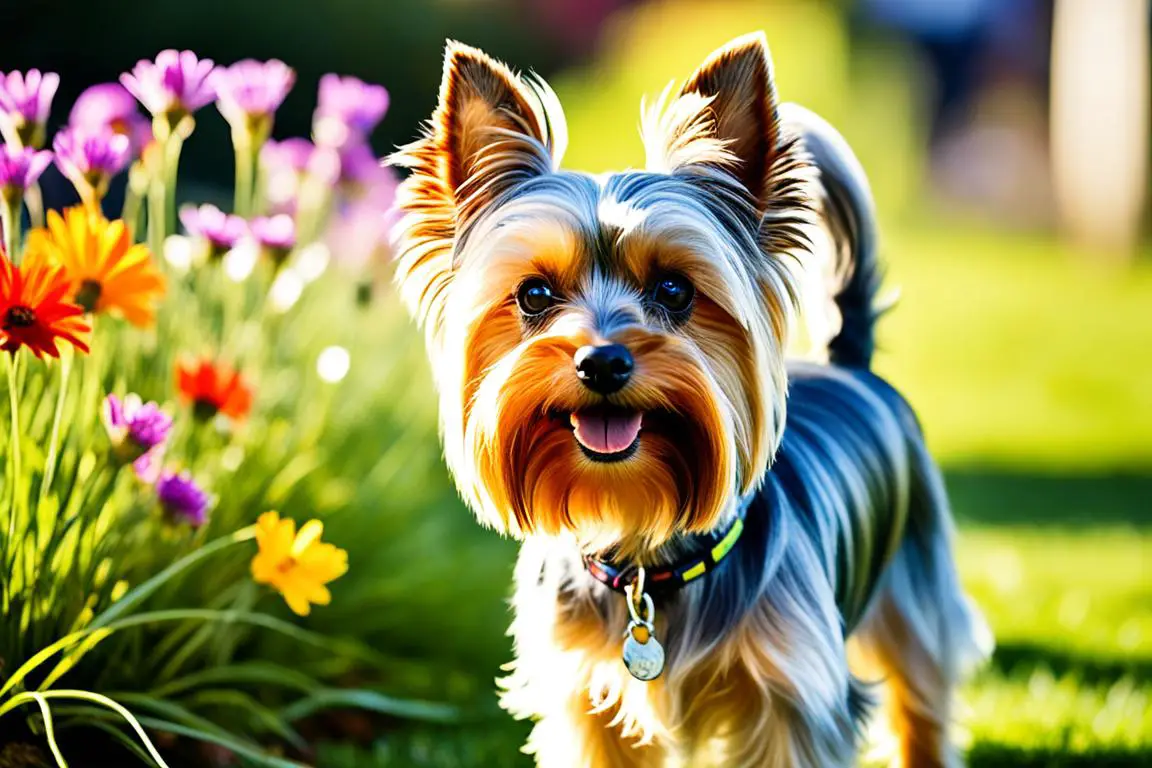
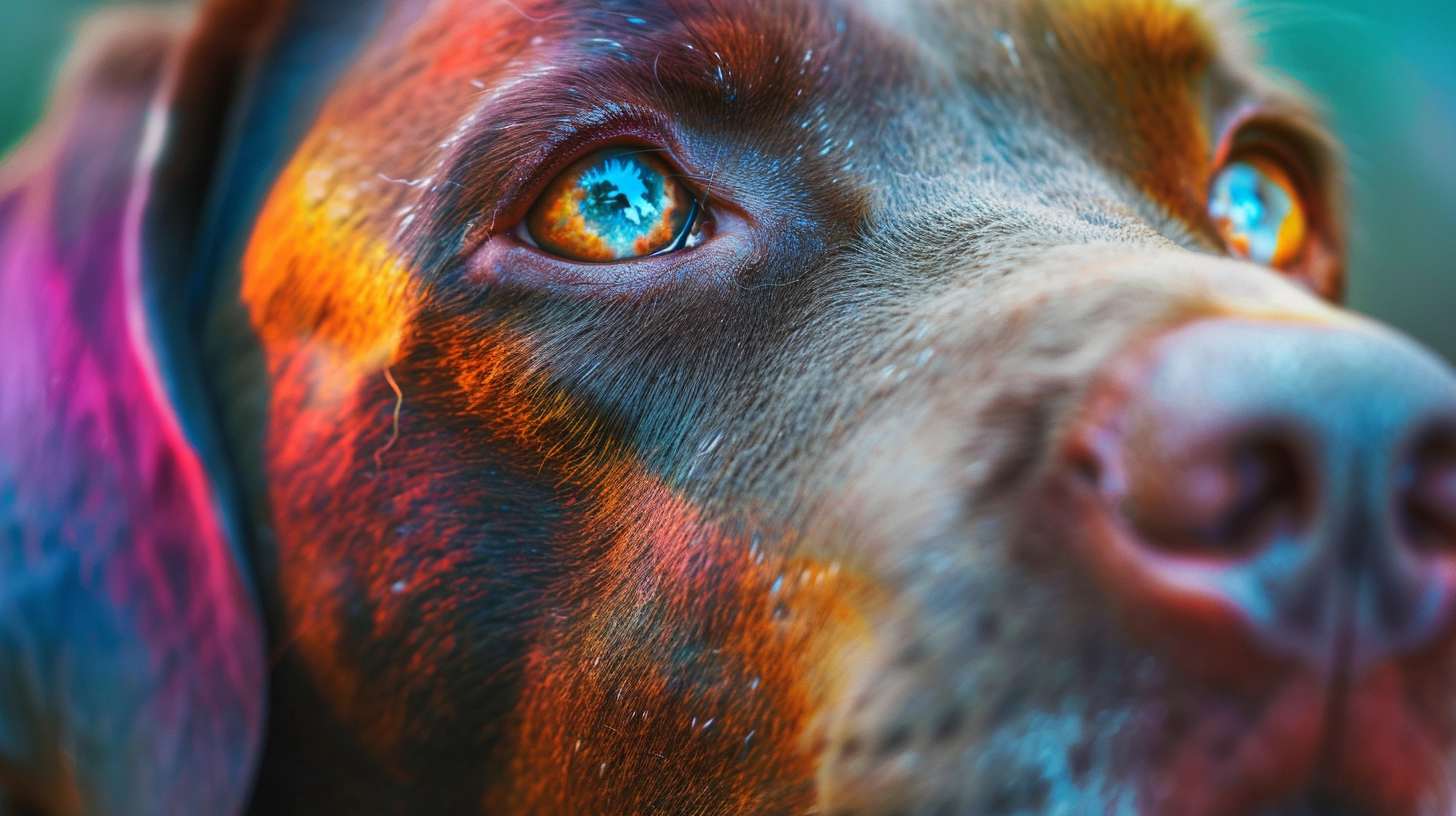
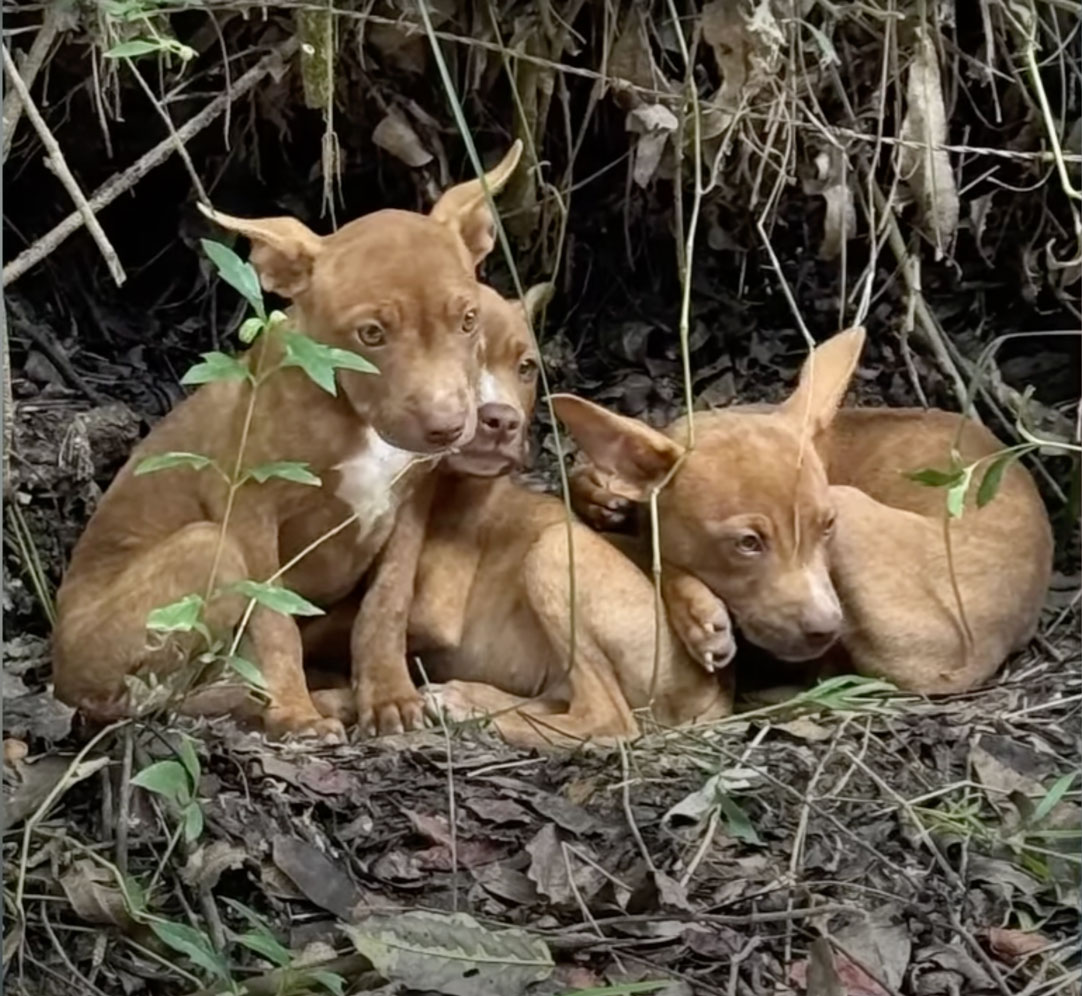
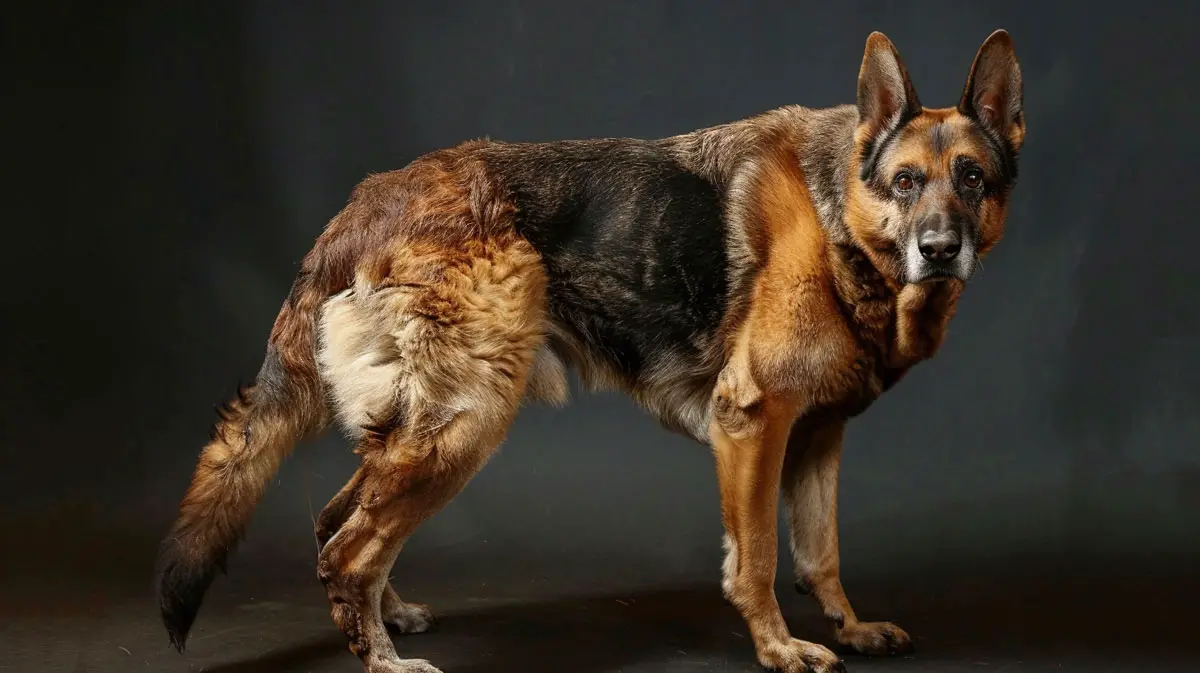
Leave a Reply